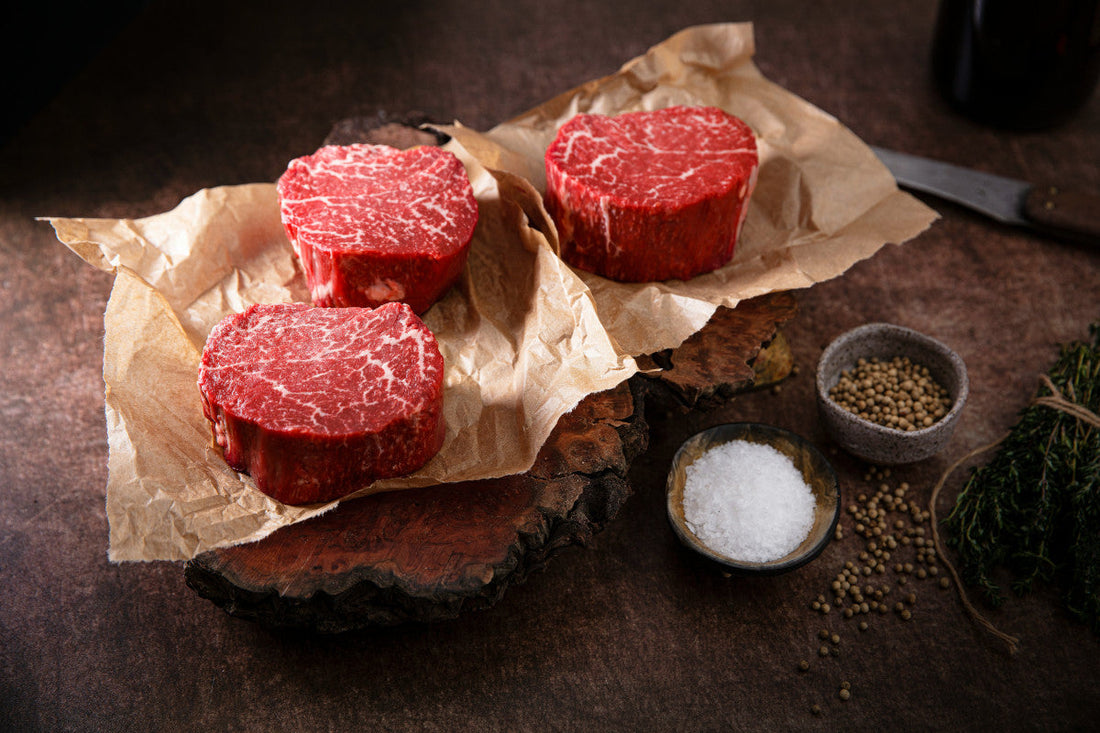
Is Beef Jerky a Healthy Processed Snack Option?
Chad MathewsShare
What is Processed Food?
Processed food refers to any food that has been altered from its natural state, primarily for preservation, flavor enhancement, or convenience. This can include simple methods like freezing and canning, as well as more complex processes that involve adding preservatives, flavorings, and colorings. The spectrum of processed foods ranges from minimally processed items, such as washed vegetables, to heavily processed products like ready-to-eat meals and sugary snacks.
While some processed foods can retain their nutritional value, heavily processed options often contain added sugars, unhealthy fats, and artificial additives that can contribute to health issues like obesity and heart disease. Understanding the level of processing in foods, such as beef jerky, is crucial for making healthier dietary choices.
- Minimally processed jerky, made with natural ingredients, can be a nutritious snack,
- while heavily processed varieties may pose health risks.
The Problem with Processed Foods
Processed foods have become a staple in modern diets, often due to their convenience and long shelf life. However, many of these foods are heavily altered from their natural state, leading to concerns about their nutritional value. The excessive sugars, unhealthy fats, and sodium found in processed items can contribute to serious health issues, including obesity and heart disease.
The spectrum of processed foods ranges from minimally processed options, like frozen fruits and vegetables, to ultra-processed products that contain numerous artificial additives. While minimally processed foods can retain their nutritional benefits, ultra-processed foods often lack essential nutrients and can lead to poor dietary choices. This distinction is crucial for making informed dietary decisions.
Beef jerky, while technically processed, varies significantly in its level of processing. Homemade or artisanal jerky, made with natural ingredients, can be considered a healthier option. In contrast, commercial varieties may contain preservatives and artificial flavors, pushing them into the heavily processed category. Understanding these differences is vital for health-conscious consumers.
Ultimately, the key to enjoying beef jerky lies in selecting products that prioritize quality ingredients and minimal processing. By choosing jerky made with simple, recognizable components, you can enjoy a nutritious snack without compromising your health. This approach allows you to indulge in flavorful options while maintaining a balanced diet.
Is Beef Jerky Processed Meat?
Beef jerky is indeed classified as processed meat due to the dehydration method used to preserve it. This process enhances flavor and extends shelf life, making it a convenient snack. However, the degree of processing varies significantly among different brands, with some offering minimally processed options that retain the meat's natural nutritional value while avoiding artificial additives.
Understanding the spectrum of processed foods is crucial when evaluating beef jerky. While minimally processed jerky contains simple ingredients like meat and natural seasonings, heavily processed varieties may include preservatives and artificial flavors. These additives can detract from the health benefits of jerky, leading consumers to seek out options that prioritize quality and transparency in their production methods.
Ultimately, the health implications of consuming beef jerky depend on its processing level. Choosing jerky made with clean, recognizable ingredients can provide a high-protein, low-carb snack without the downsides associated with heavily processed foods. By being mindful of ingredient lists and production practices, consumers can enjoy beef jerky as a flavorful and nutritious addition to their diet.
Nutritional Benefits of Beef Jerky
Beef jerky is a nutrient-dense snack that offers a wealth of health benefits, making it an excellent choice for those seeking a high-protein, low-carb option. Rich in essential vitamins and minerals, it provides a convenient source of energy, perfect for on-the-go lifestyles. When made with minimal processing and natural ingredients, beef jerky retains its nutritional value while delivering a satisfying flavor.
While beef jerky is technically processed due to its dehydration method, the extent of processing varies significantly among brands. Opting for artisanal or minimally processed varieties ensures that you enjoy a snack free from artificial additives and excessive preservatives. This approach not only enhances the flavor but also supports a healthier dietary regimen, allowing you to indulge without compromising your well-being.
Choosing Healthy Beef Jerky
When choosing healthy beef jerky, it's essential to focus on the ingredients and processing methods. Opt for jerky with a short list of recognizable ingredients, avoiding those with artificial additives or excessive sugars. Look for minimally processed options that prioritize natural seasonings and high-quality meat. Brands like Natural State Jerky offer artisanal jerky made with care, ensuring a nutritious and flavorful snack.Tips for Buying Beef Jerky
When purchasing beef jerky, it's essential to scrutinize the ingredients list. Opt for products with a short list of recognizable ingredients, such as meat and natural seasonings, while avoiding those with artificial additives or preservatives. This ensures you're selecting minimally processed jerky that retains its nutritional value and offers a healthier snacking option.
Additionally, consider the brand's production practices and transparency. Smaller, artisanal producers often prioritize quality and use traditional methods, resulting in superior jerky. Look for jerky that is high in protein and low in added sugars and unhealthy fats. By being mindful of these factors, you can confidently choose a delicious and nutritious beef jerky that aligns with your dietary goals.
